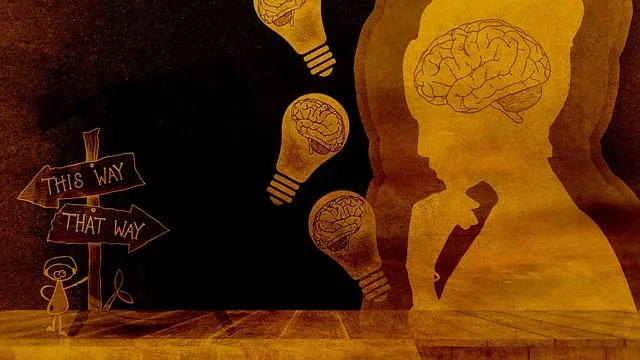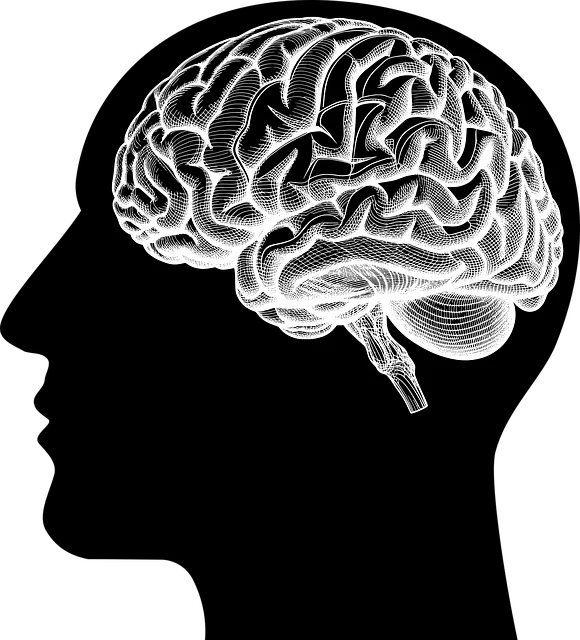Media portrayal of mental health significantly influences societal understanding, often perpetuating stereotypes and leading to stigma. Organizations like the Kaiser Permanente Mental Health Access Center in Colorado Springs combat these misconceptions through accurate information, resources, and initiatives focusing on depression prevention and self-awareness. By providing accessible, holistic care tailored to diverse needs, this center aims to break down barriers to seeking help. To enhance authentic mental illness representation in media, collaboration with experts and individuals living with conditions is crucial. Community engagement, including partnerships with local organizations, fosters culturally sensitive resources and empowers those with lived experiences to shape narratives, reducing stigma and promoting compassion.
Mental illness representation in media significantly influences public perception and access to care. This article explores strategies to challenge negative stereotypes, focusing on the success of Kaiser Permanente’s Mental Health Access Center in Colorado Springs as a model for positive change. We delve into community engagement, collaboration, and empirical research to enhance accurate and empathetic mental illness representation, ultimately fostering better mental well-being. By examining these approaches, we aim to revolutionize media portrayal and improve support systems.
- Understanding the Impact of Media Portrayal on Mental Health Perception
- Kaiser Permanente Mental Health Access Center Colorado Springs: A Model for Positive Change
- Strategies to Enhance Accurate and Empathetic Mental Illness Representation in Media
- Community Engagement and Collaboration: Building a Supportive Ecosystem for Mental Well-being
Understanding the Impact of Media Portrayal on Mental Health Perception

Media portrayal plays a significant role in shaping societal perceptions about mental health. The way mental illness is depicted in movies, television shows, and news articles can influence how individuals understand and respond to these conditions. Unfortunately, stereotypes and misconceptions are often perpetuated, leading to stigma and misinformed attitudes. This can have detrimental effects on those struggling with mental health issues, making them feel isolated and ashamed.
For instance, the representation of depression in media often portrays it as a fleeting phase or an exaggerated emotional state, which is far from the truth for many individuals dealing with this complex disorder. Organizations like the Kaiser Permanente Mental Health Access Center in Colorado Springs are dedicated to providing accurate information and resources to combat these harmful narratives. By promoting understanding through self-awareness exercises and initiatives that focus on depression prevention and confidence boosting, such centers aim to create a more supportive environment where those facing mental health challenges can find help without fear of judgment.
Kaiser Permanente Mental Health Access Center Colorado Springs: A Model for Positive Change

The Kaiser Permanente Mental Health Access Center in Colorado Springs serves as a shining example of how healthcare organizations can address mental illness representation in media and foster positive change. This innovative center focuses on providing accessible, comprehensive care for individuals struggling with mental health challenges, aiming to break down barriers often associated with seeking help. By offering specialized services tailored to diverse needs, it ensures that every patient receives the support they deserve.
The facility’s approach emphasizes not only treating symptoms but also empowering individuals through education and skills development. This holistic strategy includes programs on mood management, burnout prevention strategies for healthcare providers, and effective communication techniques. Such initiatives not only benefit patients but also equip them with tools to navigate their mental health journeys effectively, promoting better outcomes and overall well-being.
Strategies to Enhance Accurate and Empathetic Mental Illness Representation in Media

To enhance accurate and empathetic mental illness representation in media, several strategies can be implemented. Firstly, Kaiser Permanente mental health access center Colorado Springs and similar organizations can collaborate with mental health experts to ensure storylines are authentic and avoid stereotypes. This includes consulting with individuals living with mental illness to offer insights into their experiences. By involving diverse voices, media creators can move away from simplistic or sensationalized portrayals.
Additionally, promoting positive thinking and stress management workshops through media platforms can foster a more nuanced understanding of mental health. Public awareness campaigns focused on destigmatization are also powerful tools. These initiatives, coupled with compelling narratives that highlight the humanity of those struggling, can drive significant positive change in public perception. Organizations dedicated to these efforts contribute to a more informed and compassionate society.
Community Engagement and Collaboration: Building a Supportive Ecosystem for Mental Well-being

Community engagement is a powerful tool to combat the stigmatization of mental illness and foster a supportive ecosystem for mental well-being. By collaborating with local organizations, such as Kaiser Permanente’s Mental Health Access Center in Colorado Springs, we can create comprehensive programs that address the unique needs of diverse communities. These partnerships enable the development of tailored interventions, ensuring that resources are accessible and culturally sensitive.
Through community engagement, individuals with lived experiences become active participants in shaping mental health narratives. Encouraging open dialogue and sharing personal stories helps to humanize mental illness, reduce stigma, and promote compassion cultivation practices. Additionally, these collaborations can lead to the implementation of burnout prevention strategies, as community members work together to create sustainable solutions for improved mental wellness. This collective approach has the potential to revolutionize how we support and nurture mental health in our society.
The representation of mental illness in media has significant implications for public perception and understanding. By learning from innovative initiatives like the Kaiser Permanente Mental Health Access Center in Colorado Springs, which challenges stigmatization through empathetic storytelling, we can foster a more supportive ecosystem for mental well-being. Collaborative efforts between media outlets, healthcare professionals, and community organizations are crucial to enhancing accurate representation. These strategies not only educate the public but also encourage compassionate responses to individuals living with mental illness. Through community engagement, we can break down barriers and create a society that embraces and supports those facing mental health challenges.






